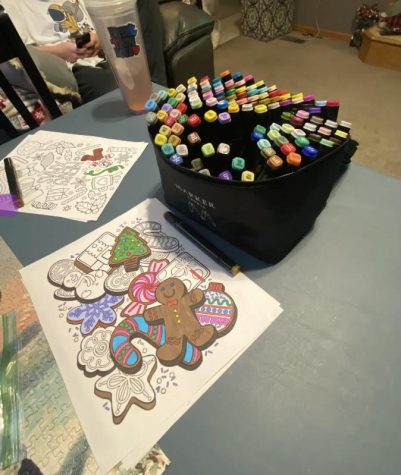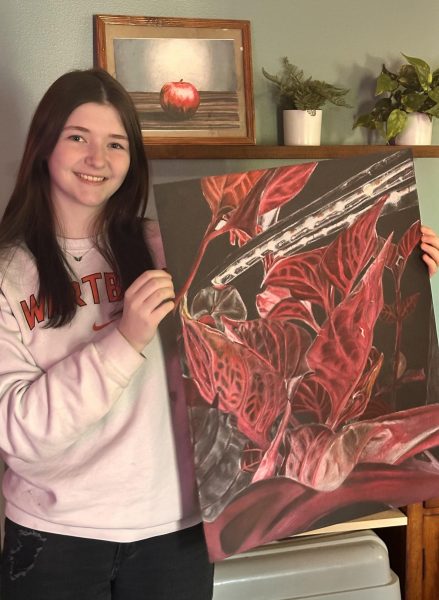The Deeper Meaning Behind the Winter Solstice
With the winter solstice coming up on December 21, as well as my birthday, I thought it would be interesting to look into the deeper meaning behind the holiday.
Many of us know the winter solstice as the start of winter and also the shortest day of the year. Although true, there are many traditions and celebrations that go way back in time and have deeper significance.
In the book, Yule: Rituals, Recipes & Lore for the Winter Solstice by Susan Pesznecker, it talks about the meaning of the winter solstice and the traditions that go along with it. This book will teach you how to become more in touch with your spirit during the winter time.
There are a lot of reasons and ways to celebrate the winter solstice. You can honor the power and gifts of the season, consider the lessons winter can teach us and embrace them, look deeper to see the true beauty of the season, and most of all, these traditions tie us to our ancestors and give our lives depth and richness.
Winter brings many gifts that I did not realize until reading this book. It teaches a new perspective on winter and how to alter our lives to the changing of the seasons.
Winter brings quiet and new rhythms.
“It means that one’s days, meals, and sleep patterns should be different. Because, winter is different. We can only experience this deep quiet by allowing ourselves to fall into sync with the new rhythms” (65)
Winter also gifts us with renewal and fresh starts.
“During winter, we take stock, think consciously about what to finish or leave behind (what must ‘die,’ so to speak) and, conversely, what to pick up and begin anew” (65).
Winter also gives us time to reflect.
“Winter is a different time, and it calls, sensibly, for a different lifestyle. You might ask yourself this: what parts of my routine do I need to change or adapt in order to have an enjoyable, healthful, and productive winter, one filled with personal growth?” (66).
These are all beautiful gifts that we should recognize and appreciate every winter. This book is about spirituality and taking care of your personal well-being, which I think we could all do more of.
Anyone can enjoy the gifts of winter and use them in their own lives. We should all start to alter with the seasons and the universe.
“Consider what is meaningful to you in terms of family, religion, or spirituality, and culture, then think about how you view and wish to celebrate the idea of winter, using these ideas to design the perfect celebration” (68).








